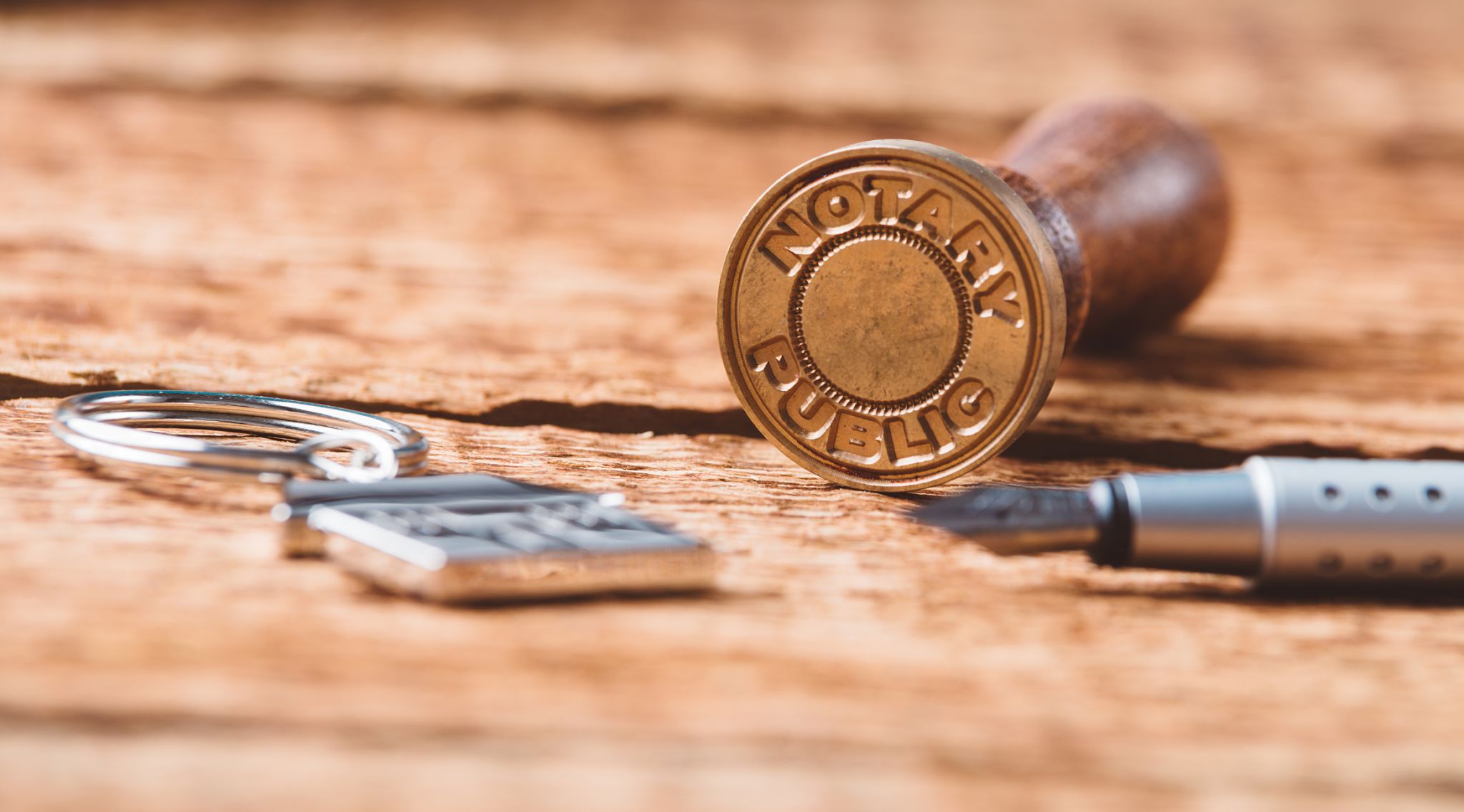Essential Documents You Need a Notary for and How to Prepare Them
Understanding the Importance of Notarization
Notarization serves as a critical component in the execution of many legal documents. A notary public acts as an impartial witness to the signing of documents, ensuring that all parties involved are aware of the document's contents and signing willingly. This process helps to prevent fraud and establishes a higher level of trustworthiness in legal transactions.

Common Documents That Require Notarization
There are several types of documents that often require notarization to be considered legally binding. Here is a list of some of the most common ones:
- Real Estate Transactions: Deeds, mortgages, and other property-related documents.
- Wills and Trusts: To ensure the authenticity and intent of the signatory.
- Powers of Attorney: Granting authority to another person to act on your behalf.
- Affidavits: Sworn statements used in legal proceedings.
- Loan Documents: Mortgage agreements and refinancing documents.
Preparing Your Documents for Notarization
Before heading to a notary, it's essential to prepare your documents properly. Start by ensuring that all parties involved are present at the time of notarization. This is crucial because the notary needs to verify the identity and willingness of each signatory.

Additionally, gather all necessary identification documents. Most notaries require a government-issued photo ID, such as a driver's license or passport, to confirm the identity of the signatories. Make sure that the document you need notarized is complete but unsigned, as it must be signed in the presence of the notary.
Choosing the Right Notary Public
Selecting a reliable notary public is vital to ensure a smooth notarization process. You can find notaries at various locations, such as banks, law offices, and shipping stores. It's also possible to use mobile notary services if convenience is a priority.

When choosing a notary, consider their availability, fees, and location. It's a good practice to read reviews or ask for recommendations to ensure that you choose someone reputable and professional.
Understanding Notary Fees and Policies
Notary fees can vary depending on your location and the type of document being notarized. Some states have regulated fees, while others allow notaries to set their rates. It's important to inquire about the fee structure upfront to avoid any surprises.

Additionally, be aware of any specific policies that might apply to your situation. Some notaries may have restrictions on the types of documents they can notarize or require additional documentation for certain transactions.
Final Tips for a Successful Notarization
To ensure a successful notarization process, it's crucial to communicate clearly with your notary and provide all necessary information upfront. Be sure to ask any questions you might have about the process or the documents involved.
Finally, remember that a notary public is there to assist you in making your legal documents official. By following these guidelines and preparing adequately, you can ensure that your notarization experience is smooth and efficient.
